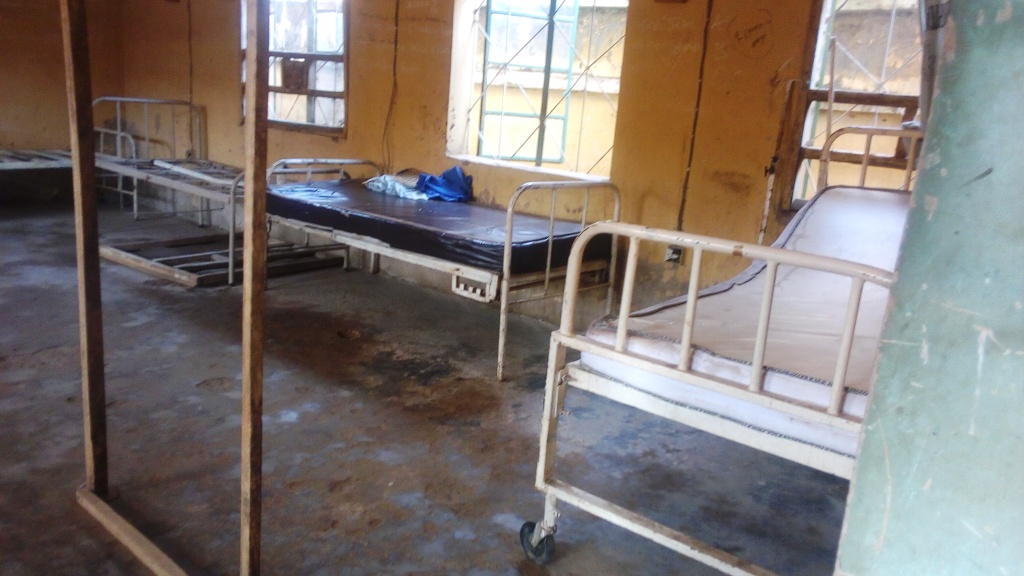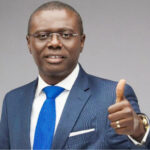Civil societies working in the health sector have asked government to tax calls made in Nigeria as a way of funding health coverage.
The Coalition of Civil Society Organisations and other professional associations in the Partnership for Advocacy in Child and Family Health at Scale (PACFaH@Scale) made the call after a two-day meeting.
Speaking on behalf of the coalition on Monday, Ayo Adebusoye said despite efforts by the three tiers of government to invest in the health sector, a lot still needs to be done as the “meagre” investment in the sector is “further compounded by delay or non-release of funds appropriated”.
“All the tiers of government in Nigeria should fund, implement and ensure accountability of the second National Strategic Health Development Plan ((NSHDP II) to achieve universal health coverage (UHC),” he said.
A former Vice president of Society of Gynaecology and Obstetrics of Nigeria (SOGON), Dr Habib Sadauki said after the coalition reviewed the health situation in Nigeria they “found out that at the moment not everybody has access to quality health care”.
He added that they “want the basic health provision fund that has been inserted in the 2018 budget should to be released without further delay so that services can be rolled out. The frame work is there it is just to implement it”
On the call on government to tax calls 1 kobo on every second, He said “We are also suggesting that there should be some innovations in our health system and if we want universal coverage then there should also be universal contributions.”
“One way to do universal contributions is to charge the use of telephones for health, if you charge one kobo per second for every telephone call that we make in Nigeria with 165 million users you would get trillions of naira that can be put into health as a form of insurance,” he explained.
A co-chair of open government partnership for Kano state, Halima Ben Umar called on the media to advocate more and hold the government accountable.
She added that they should also need engage the citizens by making them “know that it is their right to demand for health care services in Nigeria”.

 Join Daily Trust WhatsApp Community For Quick Access To News and Happenings Around You.
Join Daily Trust WhatsApp Community For Quick Access To News and Happenings Around You.


